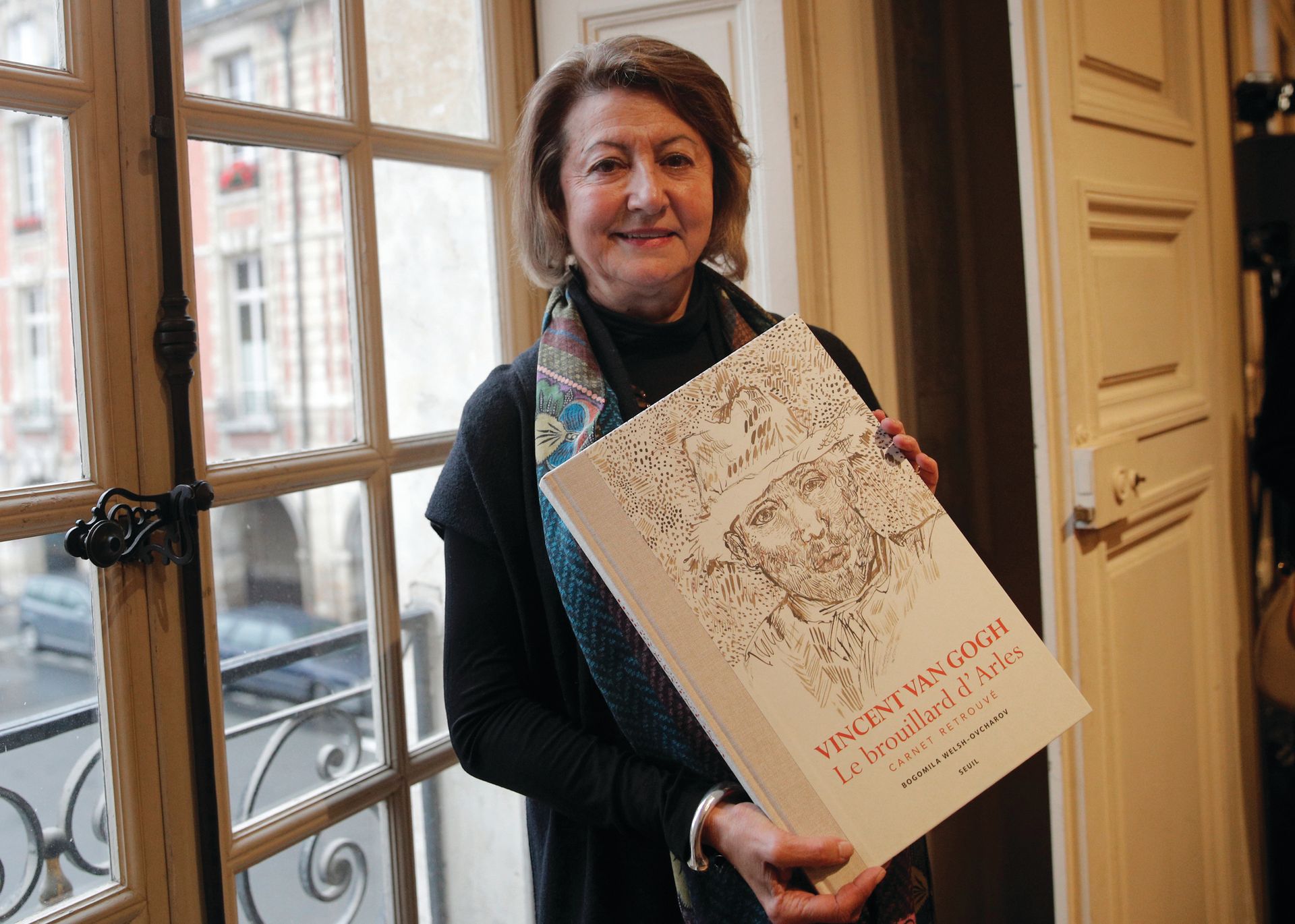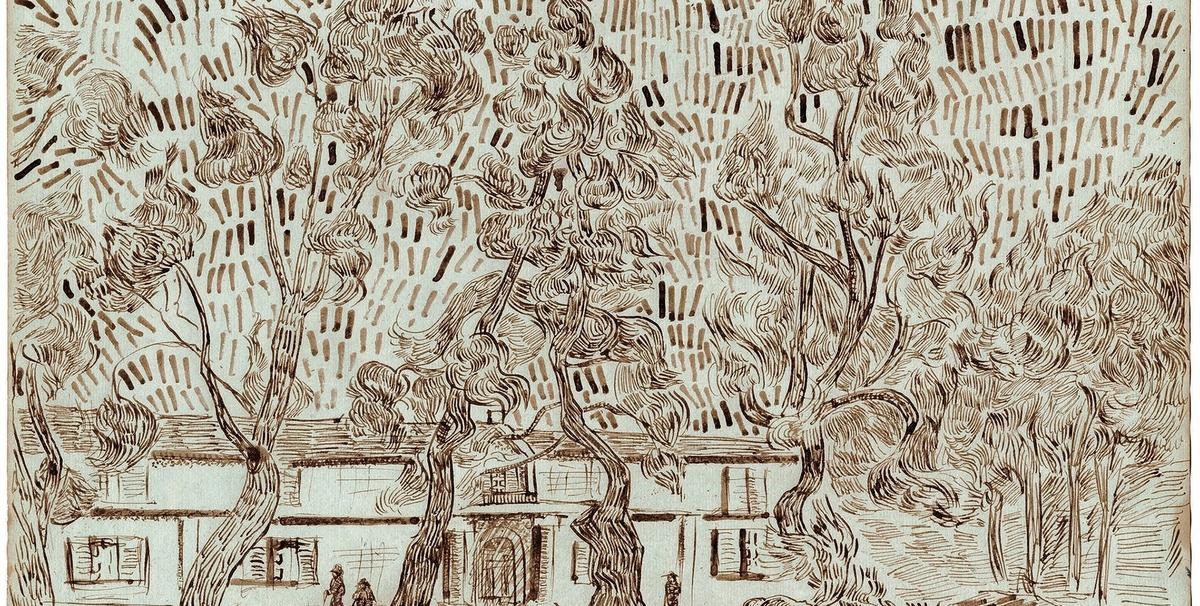A leading Van Gogh scholar has accused the director of the Musée d’Orsay, Guy Cogeval, of censorship after two of her essays were omitted from the catalogue of an upcoming exhibition. The scholar, Bogomila Welsh-Ovcharov, is at the centre of an ongoing dispute over 65 drawings that she claims are by the Post-Impressionist, but which the Van Gogh Museum in Amsterdam has dismissed as “imitations”. Cogeval told Welsh-Ovcharov that the Musée d’Orsay did not want to be associated with the “lively” debate around the newly released drawings. The scholar says the move is an attack on the freedom of academic expression.
The row is the latest chapter in a controversy roiling the world of Van Gogh scholarship. In November, Welsh-Ovcharov published a book, Vincent van Gogh: The Lost Arles Sketchbook, that reproduces drawings said to be from a disbound sketchbook the artist used between his arrival in Arles in 1888 until shortly before he left the asylum at Saint-Rémy-de-Provence two years later. Welsh-Ovcharov studied the works for three years before the book was published.
In the book’s introduction, the retired British academic Ronald Pickvance describes the sketches as “the most revolutionary discovery in the entire history of Van Gogh’s oeuvre”. But the Van Gogh Museum in Amsterdam—which frequently offers opinions privately on the authenticity of the artist’s work—took the unprecedented step of issuing a public statement that the drawings were “not by Van Gogh”.
Welsh-Ovcharov’s essays were included in the English-language version of the catalogue for the exhibition Mystical Landscapes: Masterpieces from Monet, Van Gogh and More, which recently closed at Toronto’s Art Gallery of Ontario. The essays—published before her book was released—discuss mystical landscape traditions in Europe and make no mention of the controversial sketches. The exhibition is due to open this month at the Musée d’Orsay (14 March-25 June).

Welsh-Ovcharov, a professor emerita in art history at the University of Toronto, says that both essays were translated for inclusion in the French-language catalogue. But in a letter to Welsh-Ovcharov dated 5 December obtained by The Art Newspaper, Cogeval says: “The large number of English-language essays… requires us to reduce the number of texts in the French version.” He adds: “In addition, the recent publication of the work Vincent van Gogh: The Lost Arles Sketchbook has stirred up a lively controversy in France; the Musée d’Orsay does not want to risk being associated.”
In another twist, Welsh-Ovcharov says that Cogeval declined to name her as a guest curator of the show in the Paris catalogue, even though she is given the title in the Toronto version. Cogeval wrote to the publisher of the Lost Arles Sketchbook, Seuil Editions, on 22 November to request that Welsh-Ovcharov’s guest curator designation be removed from any subsequent reprinting of the Lost Arles Sketchbook. “She is not the guest curator,” he writes in correspondence obtained by The Art Newspaper.
Welsh-Ovcharov’s claims were put to the Musée d’Orsay, but a spokeswoman declined to comment. In a statement issued to Agence France-Presse on 25 January, an Orsay spokeswoman says there is “no contractual link” between Welsh-Ovcharov and the museum. “Many texts were withdrawn from the French version, including those of Welsh-Ovcharov, but also by other French curators,” the statement says. The spokeswoman notes that the English-language catalogue for the Toronto show is on sale at the Musée d’Orsay.


